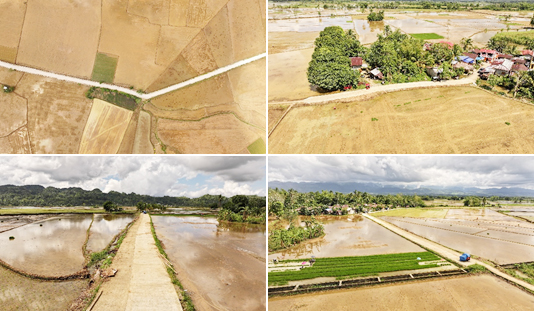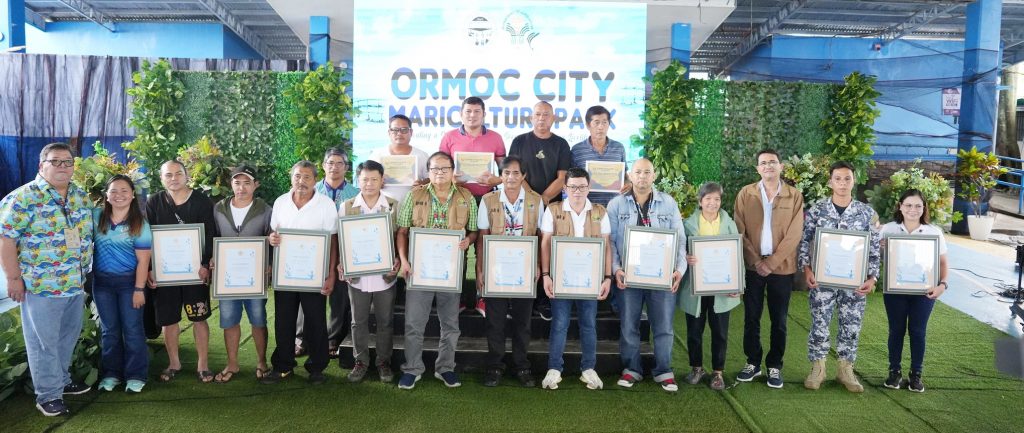President Ferdinand R. Marcos Jr. urged the media to continue helping the public understand the government’s ongoing reforms, saying many of the changes are difficult to explain to ordinary citizens who are not focused on structural issues.
The President thanked journalists, particularly members of the Malacañang Press Corps, for their role in communicating complex policies over the past three and a half years, emphasizing that the administration needs the media as a partner in informing the public.
“So I thank all the members of the Malacañang press corps, because you have been there with us all the way. And this is not an easy thing to explain to the average citizen because they’re not concerned about structural change and ideological ideas. They are just concerned about their everyday lives,” President Marcos told members of the MPC on Wednesday.
President Marcos revealed irregularities in flood control and infrastructure projects during his July 28, 2025 Fourth State of the Nation Address, prompting the investigation and filing of charges against some individuals implicated in the abuse of public funds.
The President acknowledged that not everyone will agree with the reforms. Still, the government must work on it and continue communicating clearly despite the political noise.
The President highlighted the value of journalistic experience, saying reporters develop deep knowledge and insight after years of covering government, cultivating sources, and studying national issues.
The President emphasized that such informed reporting is crucial at a time when irresponsible content and conspiracy theories online are gaining equal visibility.
“Fake news has taken too much of the space. In the beginning, we thought it was funny, it was entertaining, but now it’s become damaging. And that is something that we have to be concerned about,” President Marcos said.
“And that’s why I’m saying we need your help. The government needs the help of all the media to try and explain to people that you have to be more discerning about what you read and what you believe and what you take on.”
The President appealed to journalists to help strengthen media literacy by encouraging people to be more discerning about the information they consume.
“It is not an easy challenge but we have to continue to try and do it because it is important that people know the truth, the people know what is happening, that the people are not led into these crazy mind games people have been playing without any connection anymore to reality,” the President emphasized. ( PCO-PND)





